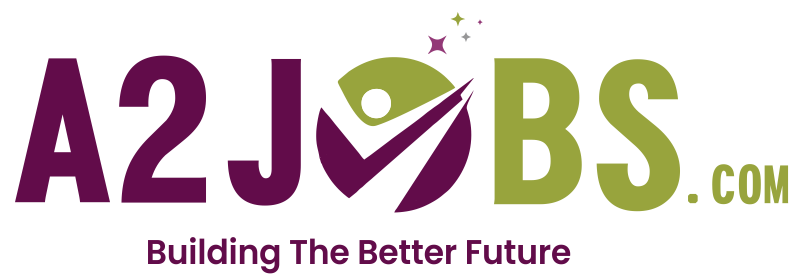
HR Compliance and Risk Management
HR compliance and risk management are crucial components of a well-functioning organization. They involve ensuring that the company’s human resources policies and practices comply with legal requirements and mitigating risks associated with HR-related issues. Effective HR compliance involves several key aspects:
- Legal Requirements
- Policies and Procedures
- Employee Training
- Compliance Audits
- Risk Assessment and Mitigation Strategies
Benefits of Effective HR Compliance and Risk Management
Implementing effective HR compliance and risk management practices offers several benefits to organizations:
Legal Protection: Compliance with labor laws and regulations protects the organization from legal penalties, lawsuits, and reputation damage.
Reputation Management: Demonstrating a commitment to ethical and compliant HR practices enhances the organization’s reputation and brand image.
Employee Trust and Satisfaction: Ensuring fair treatment, transparency, and compliance with HR policies fosters employee trust, satisfaction, and loyalty.
What are the consequences of non-compliance with HR regulations?
Non-compliance with HR regulations can lead to legal penalties, fines, lawsuits, damaged reputation, and employee dissatisfaction.
How often should HR compliance audits be conducted?
HR compliance audits should be conducted regularly, at least annually, to assess policies, practices, and documentation for compliance with legal requirements.
What role does employee training play in HR compliance?
Employee training is essential for promoting awareness, understanding, and compliance with HR policies, laws, and regulations.
How does A2jobs assist companies in HR compliance and risk management?
A2jobs offers services such as compliance audits, risk assessments, policy development, training programs, and ongoing support to help companies achieve and maintain HR compliance.
